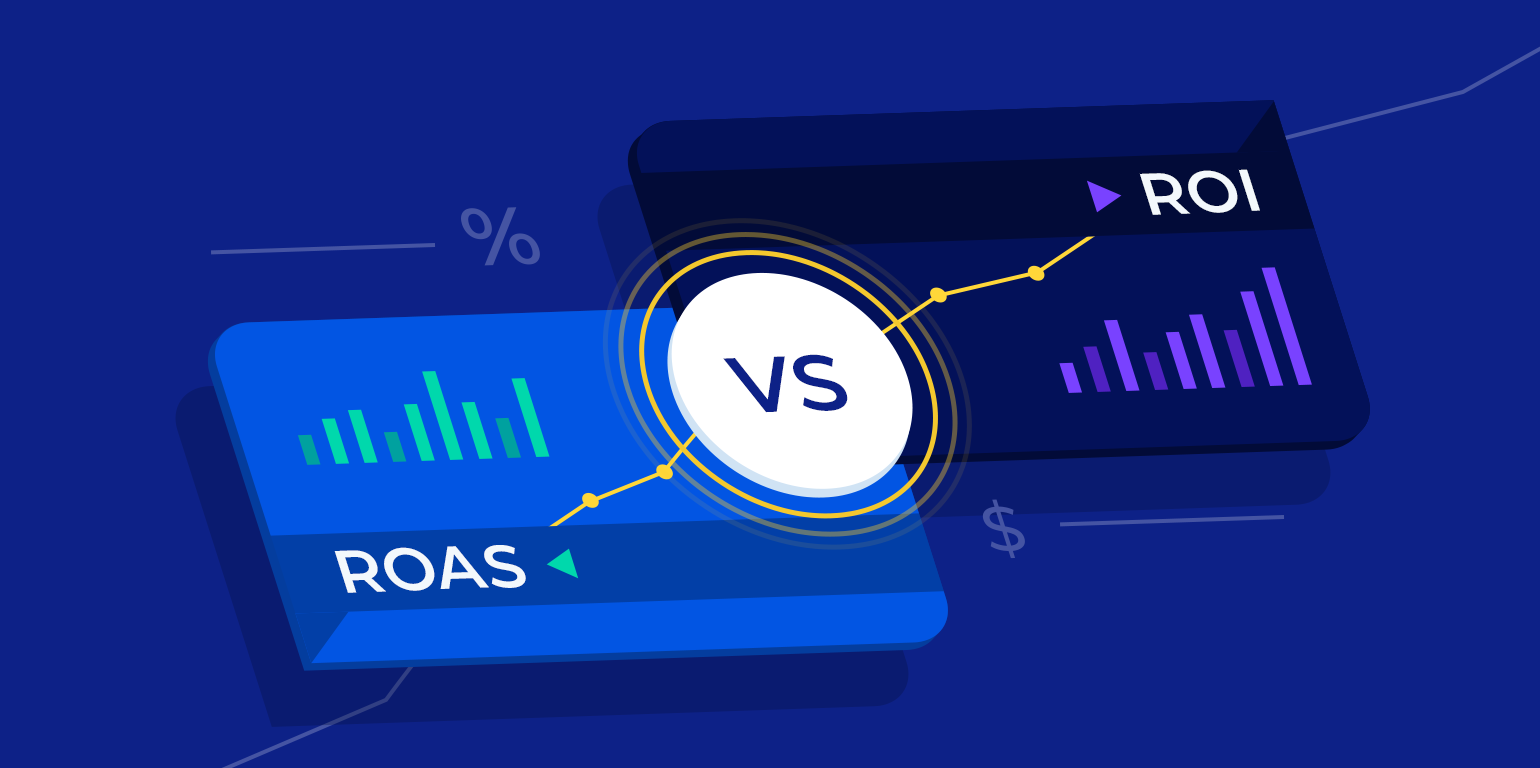The integration of AI and ML into digital marketing courses is more than a trend—it’s a response to the transformative impact these technologies have on the industry. By updating curriculums to include hands-on experiences, real-world applications, and discussions on ethical practices, educators are preparing the next generation of digital marketers to thrive in an increasingly data-driven, automated world. This evolution not only benefits individual professionals but also ensures that businesses can harness the full potential of AI for innovative and effective marketing strategies.
AI and Digital Marketing Education: Shaping the Future of the Industry
As digital marketing evolves at a rapid pace, artificial intelligence (AI) and machine learning (ML) are no longer buzzwords but essential components of modern strategies. This evolution is mirrored in digital marketing courses, where integrating these technologies is becoming crucial for preparing professionals for the industry’s future.
The Rise of AI and Machine Learning in Digital Marketing
Over the past few years, AI and ML have transformed how businesses understand and engage with their customers. These technologies enable:
- Data-Driven Insights: AI algorithms can sift through vast amounts of data to identify trends, customer behaviors, and market opportunities much faster than traditional methods.
- Personalized Experiences: With machine learning, marketers can create highly personalized content and campaigns that cater to individual customer preferences.
- Automation and Efficiency: Routine tasks like email segmentation, social media posting, and even ad bidding can be automated, allowing marketers to focus on strategy and creative development.
These advancements have made AI and ML indispensable in digital marketing, prompting educational institutions and course providers to integrate these topics into their curriculum.
Integrating AI and ML into Digital Marketing Courses
Modern digital marketing courses are evolving to keep pace with industry changes by incorporating AI and ML modules. Here’s how they are making a difference:
- Curriculum Overhaul:
Courses are now including dedicated sections on AI applications in marketing. This can range from introductory lessons explaining fundamental AI concepts to advanced modules on predictive analytics and neural networks. - Hands-On Learning:
Practical experience is key. Many courses now incorporate real-world projects where students work with AI tools like chatbots, data analytics platforms, and automated content creation systems. Simulated environments allow learners to experiment with AI-driven strategies without real-world risks. - Case Studies and Industry Examples:
Instructors are using current case studies to demonstrate how leading brands leverage AI for market segmentation, customer journey mapping, and dynamic ad placements. This contextual learning helps students understand not only the “how” but also the “why” behind these technologies. - Cross-Disciplinary Skills:
Effective digital marketing today requires a blend of technical know-how and creative thinking. Courses often bridge the gap by offering modules that teach the basics of coding or data visualization alongside traditional marketing principles.
Real-World Applications of AI in Digital Marketing
The integration of AI and ML into digital marketing courses is not just academic—it’s directly applicable to the real world. Here are some practical applications students learn about:
- Predictive Analytics:
Using historical data to forecast future trends, AI helps marketers anticipate customer behaviors and adjust their strategies accordingly. This is critical for campaign planning and resource allocation. - Chatbots and Customer Interaction:
AI-powered chatbots provide 24/7 customer service, answer queries, and even assist in lead generation. Courses now often include labs on building and deploying simple chatbots to illustrate these concepts. - Content Optimization:
Machine learning tools can analyze which types of content perform best, suggesting improvements in real time. This helps marketers optimize their campaigns for better engagement and conversion rates. - Ad Targeting and Bid Management:
AI algorithms can adjust bids and target ads dynamically based on performance data. Learning how to leverage these tools is becoming a must for any digital marketer looking to maximize ROI.
Preparing Marketers for a Digital Future
The inclusion of AI and ML in digital marketing education ensures that emerging professionals are well-equipped for the future. Graduates not only gain technical skills but also develop a strategic mindset that understands the broader implications of technology in marketing. They learn to:
- Adapt to Rapid Change:
With technology evolving constantly, marketers need to be agile. AI and ML education fosters a culture of continuous learning and adaptation. - Innovate:
By understanding the capabilities of AI, marketers can experiment with new ideas—whether it’s developing innovative content strategies or exploring untapped markets. - Solve Complex Problems:
The data-centric approach taught in these courses empowers marketers to identify and solve complex problems, transforming raw data into actionable insights.
Challenges and Ethical Considerations
While the integration of AI in digital marketing offers numerous benefits, it also raises important challenges and ethical questions that courses must address:
- Data Privacy:
Handling and analyzing large datasets can risk customer privacy. Courses now cover best practices for data protection and ethical considerations in AI use. - Algorithmic Bias:
AI systems can inadvertently perpetuate biases present in training data. Educators emphasize the need for critical evaluation of AI outputs and continuous improvement of algorithms. - Over-Reliance on Automation:
While AI can automate many tasks, human creativity and critical thinking remain irreplaceable. Courses highlight the importance of balancing automation with personal insights.
Conclusion: Choosing the Right Course for a Future in Digital Marketing
For newcomers aiming to carve out a successful career in digital marketing, selecting a course that integrates AI and machine learning is essential. Here are some key factors to consider:
- Ensure the course covers the latest digital marketing trends, including AI-driven strategies, data analytics, and automation.
- Look for programs offering hands-on projects, real-world case studies, and lab sessions using contemporary digital tools and AI applications.
- Courses that provide certifications from recognized institutions or partnerships with leading industry players can enhance your credibility in the job market.
- Seek out courses that offer access to experienced professionals, guest lectures, or mentorship programs to help build valuable industry connections.
- Choose a course that not only covers technical skills but also emphasizes strategic thinking, creativity, and ethical considerations, preparing you to navigate challenges like data privacy and algorithmic bias.
By carefully evaluating these aspects, newbies can select a course that not only builds a strong foundation in digital marketing but also equips them with the cutting-edge tools and insights needed to thrive in an AI-enhanced landscape. This thoughtful approach to education can ultimately groom you into a future-ready marketer, poised to lead innovative digital strategies.




